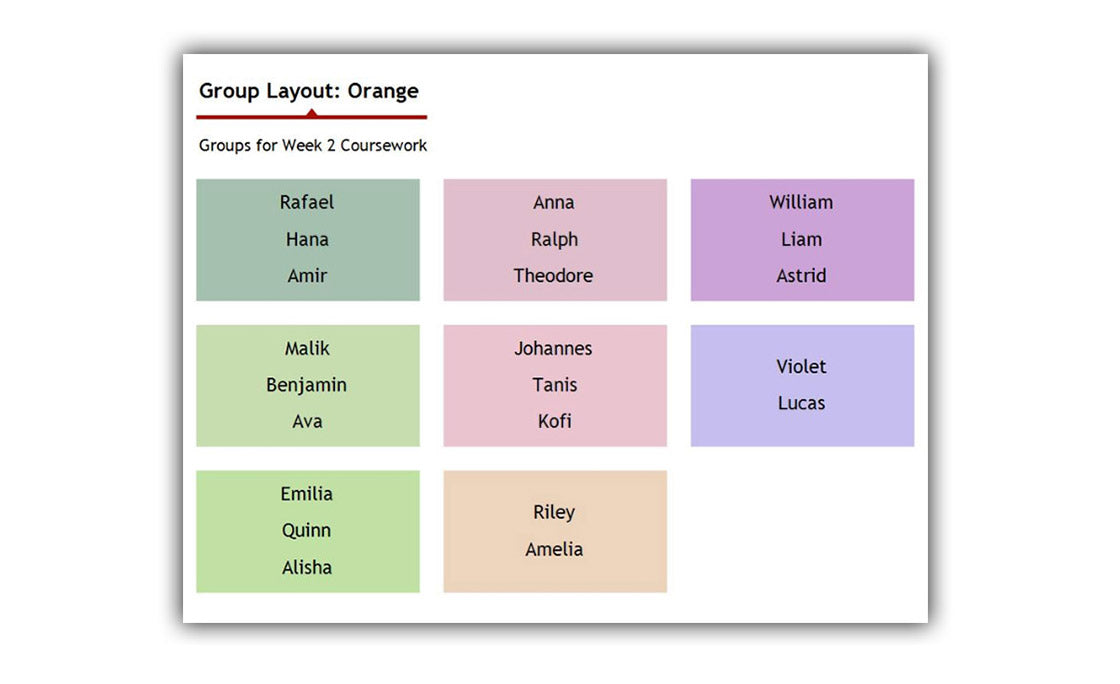We all do this, think about our future and asking ourselves how we can improve it. That is a fair question and indeed makes perfect sense for a forward looking progressive society.
Unfortunately, it can also be a source of confusion and misguidance. The way the question is asked can easily focus attention in the wrong direction. When it comes to training or self-analysis, this is indeed something that you want to avoid.
Here, you will be presented with these kinds of questions and will learn how to formulate them correctly to get the most from them.
First, consider the following questions.
Reflective Questions
- “Imagine that you are living 500 years in the future. Consider all the advances that we will make in technology and society until then. Let your imagination go wild. Now think how you may use these kinds of advances to address the problems you face today.”
- “Where would your company be in 100 years? Can you work backwards to see what you need to do next?”
Analysis
On the outset, they look like a useful questions leading to some reflection on where you are now and how you can progress forward.
Let’s think about this question. Can you really guess what will happen in the next 500 years? Considering how fast humanity is moving forward, even 50 years into the future is hard to guess, let aside 500 years.
As an exercise, here is what you need to figure out. Would we still travel at all? Would we be on planet Earth or somewhere else? With all the advances in communication technology, how would we communicate with each other? How many wars, epidemics and disasters the planet might go through until then? How about global warming, comets, earthquakes, super volcanoes or deadly viruses?
Answering these types of questions is extremely speculative since many of them are random. Apart from disasters, even guessing the progress of technology is just as difficult and random. A useful exercise to see how difficult it is to predict the future is to work backwards.
Let’s go back to 1500 A.D. Suppose you are living at this time and have just heard about this reflective question; “How would people live 500 years in the future?”
Here is the world around you at 1500 A.D. People are suffering from the outbreak of an unknown disease. There is the threat of an imminent war. The fastest people can get anywhere on land is about 30 mph; the galloping speed of a horse. This is also the fastest speed information can travel. Big cities are dirty. At night, they are mainly dark. Printed books are a luxury that only the rich can afford, available in only a few places in the whole world. At birth, life expectancy is about 30 years.
In this world, with not much access to information or books and with various threats, you need to figure out the following to have an understanding of life in 21st century. You need to imagine electricity, cars, voice recorders, flying passenger planes, computers, instant global electronic communication, live satellite video feeds, lasers, TVs, SatNavs, software bugs and a planet with geopolitics set around nuclear bombs. Oh, and don’t forget the humble microwave for cooking; that one is a must.
It is not easy.
As elegantly explored by Taleb Nasim in “Black Swan”, it is next to impossible to predict these discoveries and inventions, let aside making any meaningful decisions based on them.
Now, despite this, suppose you are really imaginative or read a lot of Sci-Fi and come up with a series of predictions about the next 500 years. There is still another problem. How can you apply these predictions taking place 500 years in the future to the present time in a meaningful way? Would this prediction really help you to know what to do next month, or next year?
These types of questions might be a good exercise in practicing your creativity skills or writing skills but may not be that useful in making important decisions about your life, your investments and the direction of your business.
How to Improve
The real aim of such question is to raise awareness about your present resources and what can be achieved with them instead of waiting for future developments. The intention is to help you avoid putting aside tasks that can be done now with excuses such as lack of resources or lack of technology.
However, in practice, this question is dubious at best. Instead, reformulate it to help you to think of your immediate needs based on historic trends and preparing yourself for the unexpected.
Here is how to improve it:
Improved Questions
- “Knowing how we have progressed technologically in the past two decades, what can we predict for the next five or ten years?”
- “What are the current trends in society and what is the eventuality of these specific trends? In other words, what do these trends lead to?”
Conclusion
Use your imagination to work out trends in your society and progress them forward to near future. For far into the future, you need to anticipate rather than predict.
The difference is critical. You can anticipate that the future of online selling will heavily rely on local delivery companies or 3D printing, but it will be much more difficult to predict how it would actually happen 50 years into the future.
Be careful not to fall off the other side either. Short term mentality can be devastating too. Quite often, companies that go out of business or lose a big market are those that have been consistently focusing on short term results or simply aimed to maintain their lead by doing what they did in the past. Eventually reality catches up with them, at which point it is too late to do anything.
Soft Skills Training Materials
Get downloadable training materials
Online Train the Trainer Course:
Core Skills
Learn How to Become the Best Trainer in Your Field
All Tags
Training Resources for You

Course Design Strategy
Available as paperback and ebook

Free Training Resources
Download a free comprehensive training package including training guidelines, soft skills training activities, assessment forms and useful training resources that you can use to enhance your courses.

Our Comprehensive Guide to Body Language

Train the Trainer Resources
Get Insights - Read Guides and Books - Attend Courses
Training Materials
Get downloadable training materials on: Management Training, Personal Development, Interpersonal Development, Human Resources, and Sales & Marketing














Leave a comment
All comments are moderated before being published.
This site is protected by hCaptcha and the hCaptcha Privacy Policy and Terms of Service apply.